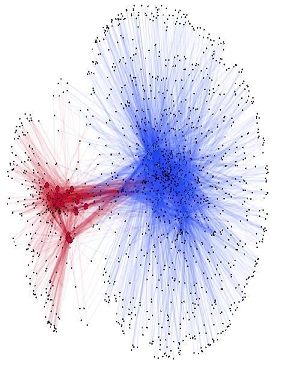The Microbial Link to Type 1 Diabetes
Researchers from NYU Langone Medical Center found that when mice genetically susceptible to Type 1 Diabetes (T1D) were given antibiotics mimicking human childhood exposures “T1D incidence was significantly higher, and microbial community composition and structure differed compared with controls.” Their paper, which was published in Nature Microbiology, also states:
“These findings show that early-life antibiotic treatments alter the gut microbiota and its metabolic capacities, intestinal gene expression and T-cell populations, accelerating T1D onset.”
This comes after another study, conducted by the Broad Institute of MIT and Harvard last year, found that a drop in microbial diversity preceded development of disease in infants genetically predisposed to T1D.
Our Ancient Friends
Our bodies host trillions of microbes which have co-evolved with us for millions of years. In fact, researchers have recently shown, “multiple lineages of the predominant bacterial taxa in the gut arose via cospeciation with humans, chimpanzees, bonobos, and gorillas over the past 15 million years.” The lead author, Andrew Moeller, says,
“Some of the bacteria in our gut are derived from very ancient lineages that have been passed down through the primates for millions of years. They’re like our genes in that sense.”
Protecting Our Birthright
These microbes are our birthright. In The Good Gut, Stanford University’s Justin and Erica Sonnenburg state, “Our gut bacteria belong on the endangered species list.” They write, “We profit from the microbial genes that perform a variety of functions our genome cannot.” It is in our best interest to learn to protect our heritage.
In addition to antibiotics, other disruptors have been identified. Common food additives, known as emulsifiers, have been shown to disrupt the composition of our microbiota. And an antimicrobial/ antifungal agent commonly used in many consumer products, called Triclosan, has been found to rapidly disrupt bacterial communities in the gut. This type of research is relatively new, and we can expect more discoveries to be made.
Featured Image shows that antibiotic-treated mice (red) have a very different, and less diverse, set of OTUs than the control mice (blue). Credit: Courtesy of Nature Microbiology via EurekaAlert.org


